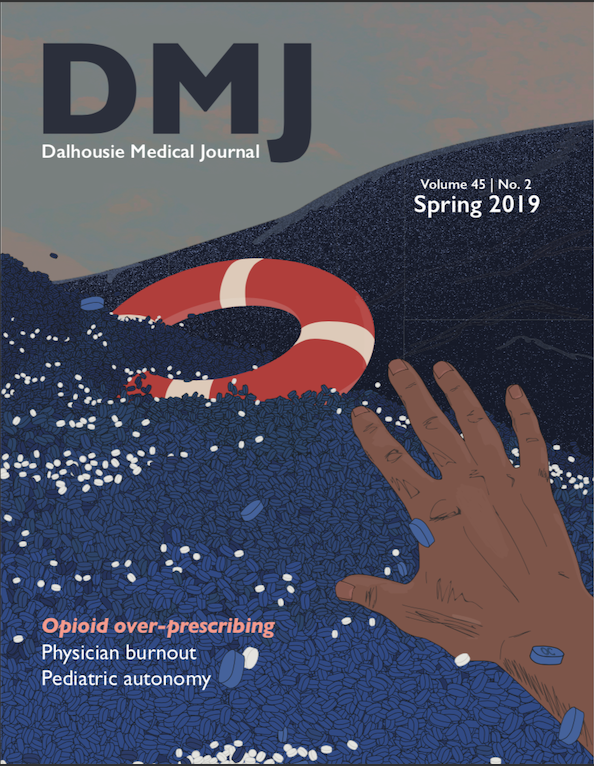Decision-making through the lens of a pediatric cancer case
DOI:
https://doi.org/10.15273/dmj.Vol45No2.8993Abstract
It is crucial to obtain a competent individual‘s informed consent in any medical process, including cancer treatments. However, when it comes to incompetent children, it seems to be favourable, but not necessary, to obtain their assent in medical practice.1 This paper considers Christine Harrison‘s example of Samantha, an eleven-year-old girl that was treated for osteosarcoma in her left arm. Samantha had previously been treated by amputation and a course of chemotherapy. This cancer later metastasized to her lungs, decreasing her chances of remission with aggressive treatment to 20%. Although she wanted to refuse treatment, she was deemed incompetent to make decisions about her cancer care, and her parents adamantly wanted her to continue treatment.7 This paper considers physicians‘ moral obligations in pediatric cancer cases such as Samantha‘s. I will define assent, the principles of autonomy, beneficence, and competence as it pertains to children. I consider arguments of two opposing views–a child‘s rights view that argues in favour of Samantha‘s decision, and a paternalistic view that opposes her. After reviewing the bioethical literature on the risks and benefits of children‘s decision making in health care, I argue that Samantha‘s wishes to stop treatment ought to be respected.Throughout the paper, I will use the bioethical principles of respect for autonomy and beneficence to defend my position. Finally, I address potential objections my position may face and conclude.
Downloads
Published
How to Cite
Issue
Section
License
Authors who publish with this journal agree to the following terms:
- Authors retain copyright and grant the journal right of first publication with the work simultaneously licensed under a Creative Commons Attribution License that allows others to share the work with an acknowledgement of the work's authorship and initial publication in this journal.
- Authors are able to enter into separate, additional contractual arrangements for the non-exclusive distribution of the journal's published version of the work (e.g., post it to an institutional repository or publish it in a book), with an acknowledgement of its initial publication in this journal.
- Authors are permitted and encouraged to post their work online (e.g., in institutional repositories or on their website) prior to and during the submission process, as it can lead to productive exchanges, as well as earlier and greater citation of published work (See The Effect of Open Access).


